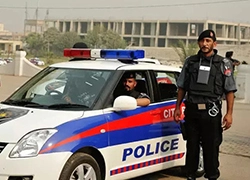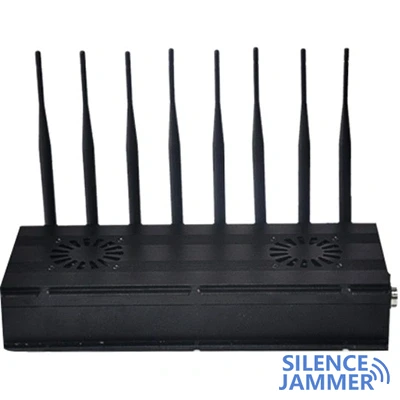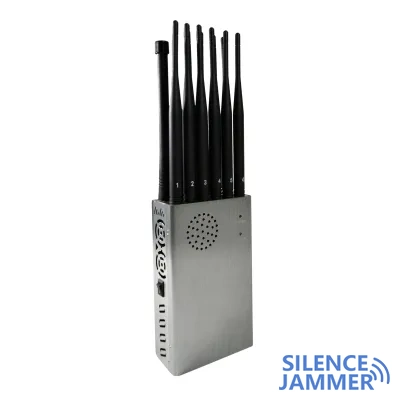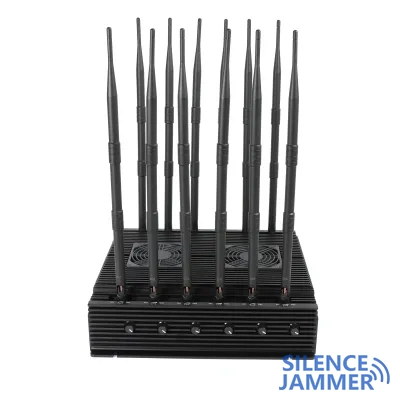Evolution of terrorist tactics: from radio to GSM detonators

As terrorist activities become more rampant, especially those with a guerrilla nature, terrorists are constantly adapting their tactics to respond to new defenses taken by law enforcement. In Peshawar and surrounding areas, terrorists have learned to adapt to the RF signal jammers installed by police patrol cars and use GSM signals to detonate roadside bombs, which poses a new challenge to the police.
Limitations of RF jammer devices and new challenges for police
In response to terrorist attacks, police departments in Khyber Pakhtunkhwa Province have begun equipping police patrol cars with RF signal jammers, especially those patrolling rural areas. These jammer devices were introduced to deal with roadside bombs detonated by terrorists through radio signals, which have become one of the most common attacks on police patrol cars in recent years.
However, while the use of RF jammer devices did reduce the frequency of roadside bomb attacks to some extent, especially in the Peshawar area, terrorists quickly changed their tactics. They turned to using mobile phones to trigger bombs through GSM signals. This change caught the police off guard and forced them to consider adopting new jamming technologies to deal with these threats.
Difference between RF signal jammer and GSM cellphone jammer
|
|
RF signal jammer |
GSM cellphone jammer | |
|
Working Principle |
Covers and shields various radio communication signals by emitting powerful interference signals in a wide frequency range. |
Specially interferes with signals in GSM bands (such as 900 MHz and 1800 MHz). | |
|
Application Scenarios |
Widely used in military and security operations, such as convoy escort, security patrols, and protection of important facilities, to reduce the risk of explosion by blocking various possible detonation signals. |
Mainly prevents bombs detonated by mobile phones, and is suitable for public gatherings, important meeting places, and other scenarios to prevent terrorists from using mobile phones for remote detonation. | |
|
Features |
|
1. Targeting mobile networks: effectively blocking the detonation signals sent through the GSM network, preventing the use of GSM devices such as mobile phones to remotely detonate bombs. |
Potential procurement and deployment challenges of GSM cellular jammers
A police official who did not want to be named told The Express Tribune, "These terrorists are smart and they have realized that we use RF signal jammers in vehicles, so they are now using mobile phones as detonators, which requires us to equip them with GSM cellular jammers." The official added that currently, GSM device jammers can only be obtained from the Counter Terrorism Department (CTD) or other security agencies, making it difficult for ordinary police officers to obtain these devices.

Although it is currently uncertain whether the KP provincial government will allocate funds for the procurement of more GSM signal jammers in the upcoming budget, some police officers have already purchased these devices out of their own pockets. However, using these devices is not without challenges. While cell phone blockers can effectively prevent terrorists from using mobile phones to detonate bombs, they also interfere with the police's own communications. In modern society, mobile phones, like radios, have become a key communication tool.
"In Karachi and Lahore, GSM blockers are sold for as little as Rs 10,000. These devices are very portable and can be easily placed in vehicles for use," said a police officer.
Whether the Khyber Pakhtunkhwa provincial government will allocate funds in the budget to purchase more GSM devcie jammers and how to effectively deploy them remains a major challenge for the police. In summary, as terrorist tactics continue to evolve, the police need to continuously adjust their defenses to ensure their ability to respond to new threats.





